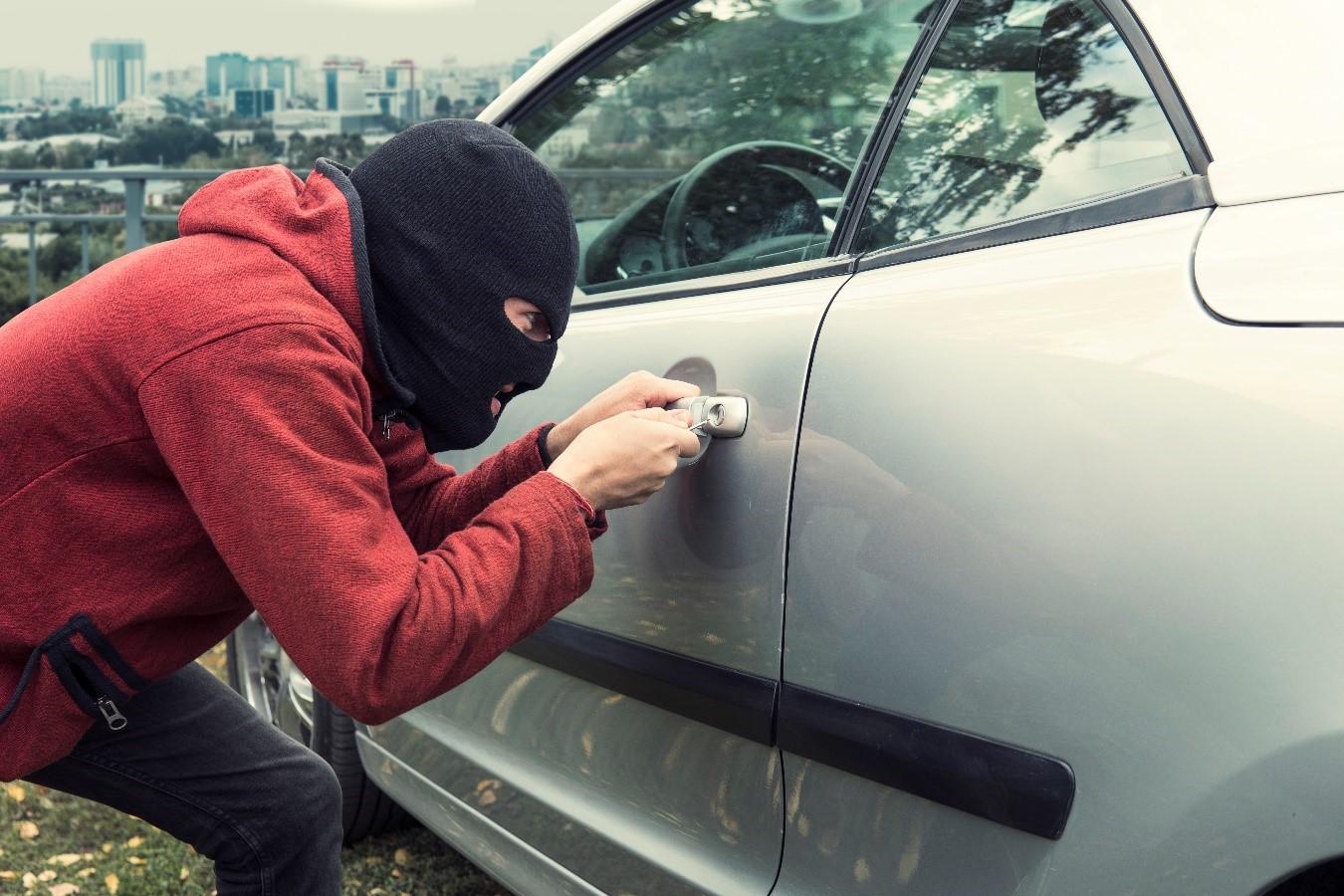Discovering your car is stolen is a stressful and frustrating experience. However, it’s crucial to stay calm and take immediate action to increase the chances of recovering your vehicle and minimize the impact on you.
Table of Contents
ToggleHere’s a step-by-step guide on what to do if your car is stolen:
1. Contact the Police Immediately:
This is your top priority. Call your local police department and report the theft as soon as possible. Be prepared to provide details like your car’s make, model, year, license plate number, VIN (Vehicle Identification Number), the location where it was last parked, and the approximate time of theft. Mention any unique features or modifications to your car that could help identify it.
2. File a Police Report:
Once you’ve made the initial call, head to the nearest police station to file a formal report. The officer will take a detailed statement, gather additional information, and provide you with a case number. This report is crucial for insurance purposes and can also be helpful if your car is involved in any criminal activity during the time it’s missing.
3. Contact Your Insurance Company:
After filing the police report, call your car insurance company to notify them of the theft. They will guide you through the claims process and explain what steps you need to take to receive compensation. Having your policy information and police report case number readily available will expedite the process.
4. Contact Your Financing or Leasing Company (if applicable):
If you financed or leased your car, you’ll also need to inform the financing company or leasing agency about the theft. They have specific procedures you need to follow and may require additional documentation from you.
5. Cancel Registration and OnStar/GPS Services (if applicable):
Contact your local Department of Motor Vehicles (DMV) to cancel your car’s registration. This prevents the stolen car from being legally operated and helps to avoid any liability if it’s used in any illegal activity. Additionally, if your car has an active OnStar or GPS service, contact the provider immediately to report the theft and inquire about any tracking capabilities they may offer.
6. Document Everything:
Keep detailed records of all your actions, including the date and time you contacted the police, your insurance company, and any other relevant parties. Maintain copies of the police report, insurance claim forms, and any communication you receive throughout the process.
7. Be Prepared for Any Outcome:
While recovering your car is the ideal scenario, there’s always the possibility it won’t be found. Be prepared for this possibility, both emotionally and financially. Lean on your insurance company and financing/leasing company to understand your coverage and any potential next steps.
Remember, this is a stressful situation, but by following these steps and staying calm, you can take control and increase your chances of a positive outcome. It’s also important to be aware of preventive measures you can take to reduce the risk of car theft in the future. Consider installing anti-theft devices, parking in well-lit areas, and always keeping your car locked and secured.


